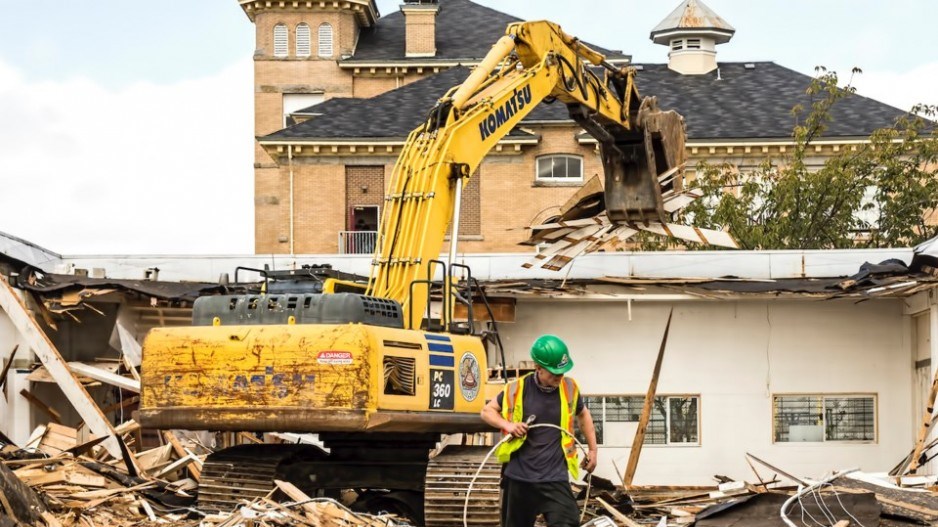sa���ʴ�ý’s NDP government recently passed a handful of housing-related bills that aim to incentivize private developers to build up density across the province.
But what will this look like in areas such as East Vancouver where low to medium density housing remains abundant?
Transit corridors and large arterial roads have been identified as prime spots for redevelopment opportunities under the new legislation, according to those who spoke to Western Investor.
Ian Brackett, senior broker at Goodman Commercial, said in a statement to Western Investor that single-family neighbourhoods around the Nanaimo, Renfrew and Rupert stations are potential candidates to see change.
Each of these transit stations have been listed as targets for transit-oriented development (TOD), according to a Dec. 7 announcement by Premier David Eby.
McGregor Wark, vice-president of real estate investment firm Headwater Projects, echoed Brackett’s response and added that his firm is currently working on a project called Nolo, located on Commercial Drive.
“There's a lot of opportunity there,” he said. “You're going to see some of these more transit-oriented communities, that don't have much in terms of density around them, grow as they should. To have single family homes directly adjacent to one of our major transit hubs is a travesty, in my opinion.”
Each of the transit stations are mainly surrounded by single or semi-detached dwellings and duplex, low-rise, rowhouse and other ground-oriented units, according to 2021 census data.
In addition, documents from the Rupert and Renfrew Station Area Plan, developed by the City of Vancouver, show that 79 per cent of the area surrounding the two stations is occupied by single-detached homes with semi-detached, duplexes, and row houses.
Only one per dent of the housing stock in the area plan is purpose-built rental, with 10 per cent dedicated to multifamily condo buildings.
Transit-oriented development is only option the new housing legislation targets. Bills 44 through 47 were all passed on Nov. 30 and address housing concerns such as shelter spaces, development fees, taxes and levies as well as building density on single-family lots.
However, making a redevelopment project in these areas work is more complicated than meets the eye, according to Andy Yan, director of Simon Fraser University's City Program.
“The answers are not necessarily straightforward,” he said. “The stations identified actually have their own complications towards why they haven't been developed already.”
The main hurdle with building under the new housing bills is navigating a potential shortage of infrastructure capacity such as sewage, water and electricity, he said.
“It's easier to develop along those corridors because then you can build that infrastructure first, and then have it spread out into the neighbourhood,” Yan said. “You put in the main trunks of sewage and water, and then later on distribute it as you see fit. It's easier to do that once as opposed to have them randomly appear like mushrooms.”
In areas with lower densities there are other factors that result in redevelopment not always being financially viable, Brackett said.
“As an example, in the Broadway plan, many areas that are designated for high-rise development at higher densities than what is suggested under Bill 47 are not viable because even the existing low-density townhomes or duplexes on the site are worth more than what a developer can afford to pay as a development site,” he said.
Wark said it can be hard to make redevelopment under the legislation work “when all your costs are up, and your revenues are not.”
“It's great to have all these policies that provide the increased densities, but right now in the current environment that we're dealing with, it's really hard to make proforma work,” he said.



